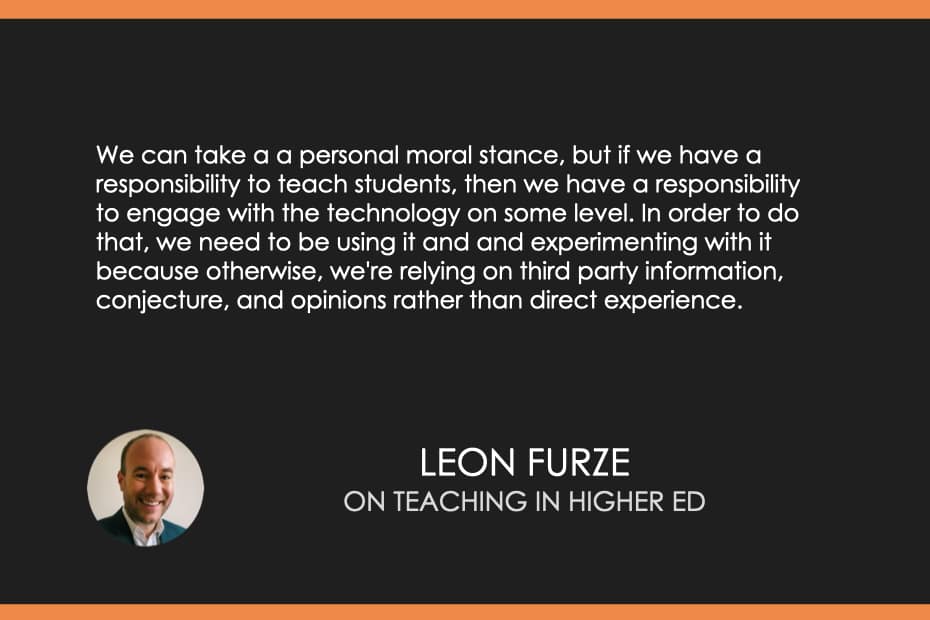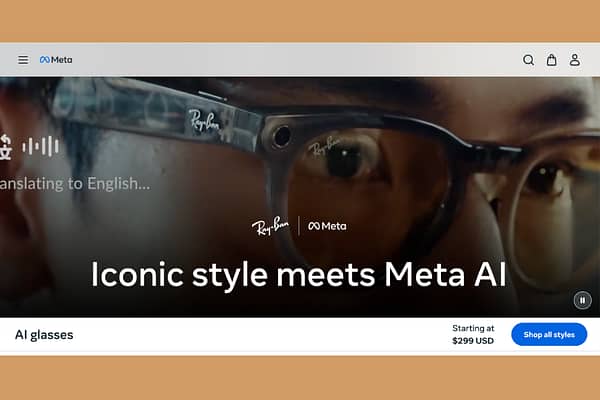Podcast (tihe_podcast):
Play in new window | Download | Transcript
Subscribe: Apple Podcasts | Spotify | RSS | How do I listen to a podcast?
Leon Furze shares about myths and metaphors in the age of generative AI on episode 572 of the Teaching in Higher Ed podcast.
Quotes from the episode

In higher education there is a need to temper the resistance and refusal of the technology with the understanding that students are using it anyway.
-Leon Furze
We can take a a personal moral stance, but if we have a responsibility to teach students, then we have a responsibility to engage with the technology on some level. In order to do that, we need to be using it and and experimenting with it because otherwise, we're relying on third party information, conjecture, and opinions rather than direct experience.
-Leon Furze
My use of the technology has really shifted over the last few years the more I think about it as a technology and not as a vehicle for language.
-Leon Furze
Let the English teachers who love English, teach English. Let the mathematics teachers who love math, teach math. Let the science teachers teach science. And where appropriate, bring these technologies in.
-Leon Furze


